Gum Disease
Protecting your smile from gum disease.
Understanding Gum Disease
Gum disease, also known as periodontal disease, is a bacterial infection affecting the gums and supporting structures of the teeth. It begins with gingivitis, characterized by red, swollen gums that bleed easily, and can progress to periodontitis, where gum recession, bone loss, and tooth mobility occur. Left untreated, gum disease can lead to tooth loss and impact overall health.
Periodontal disease is a widespread condition, affecting nearly half of adults over 30, with prevalence increasing with age. The primary cause is plaque buildup along the gumline, which hardens into tartar and harbors harmful bacteria. While poor oral hygiene is a major contributor, other factors such as smoking, diabetes, genetic predisposition, and hormonal changes can increase the risk. Common symptoms of gum disease include:
- Bleeding gums when brushing or flossing
- Persistent bad breath or bad taste
- Receding gums or teeth appearing longer
- Loose or shifting teeth
- Sensitivity or discomfort when chewing
Our Gum Disease Treatments
Scaling and Root Planing
For moderate gum disease, deep cleaning procedures like scaling and root planing remove plaque and tartar below the gumline to promote healing and prevent further infection.
Gum Recession Treatment
When gum tissue recedes, exposing the tooth roots, treatments such as gum grafting or regenerative therapies may be recommended to restore lost tissue and protect against decay and sensitivity.
Periodontal Maintenance
Patients with a history of gum disease require ongoing care, including professional cleanings every three to four months to manage bacterial growth and maintain gum health.
Surgical Treatment for Severe Cases
In advanced cases, surgical interventions such as pocket reduction surgery or regenerative procedures may be necessary to restore gum and bone support.
Preventing gum disease starts with daily brushing, flossing, and routine dental checkups. If you notice symptoms or have risk factors, early intervention is essential for maintaining a healthy smile.


